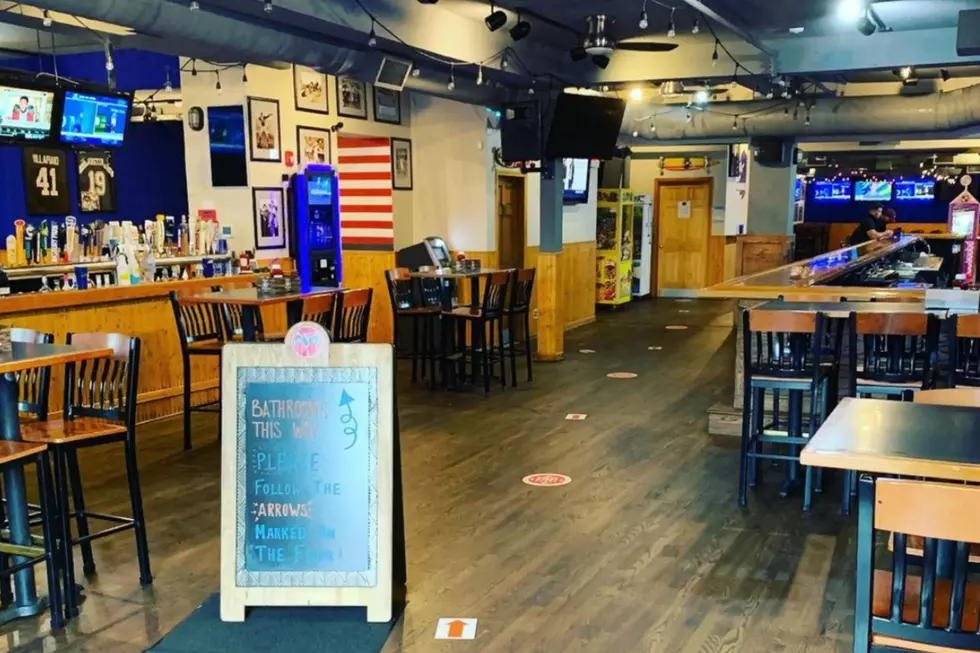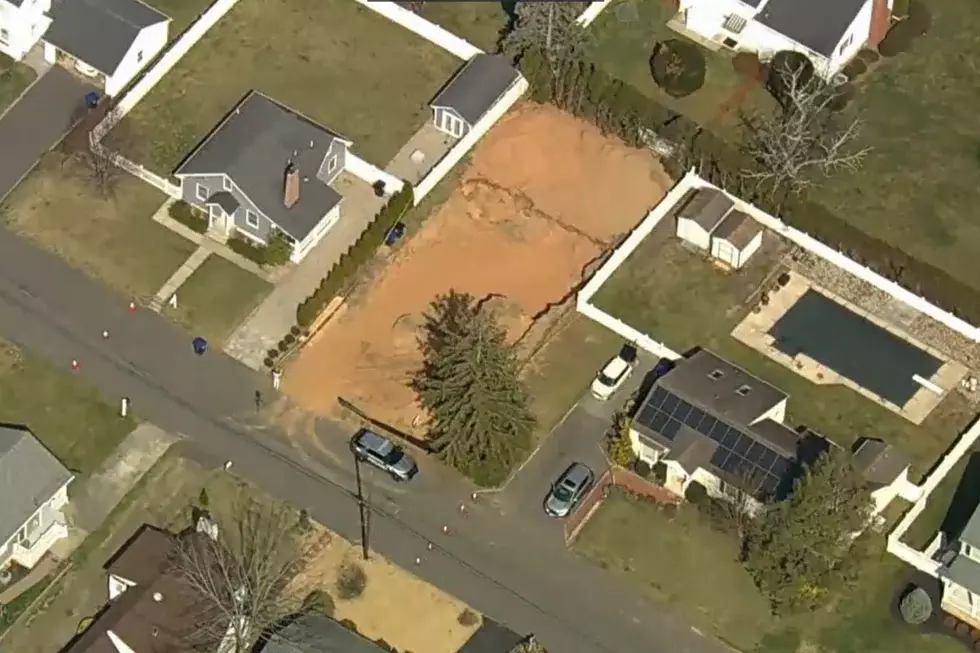
Murphy lifting indoor dining curfew, raising capacity to 35%
Gov. Phil Murphy announced on Wednesday that he would roll back the 10 p.m. restaurant curfew and permit indoor venues another 10% of capacity — upping it to 35% — in time for Super Bowl weekend.
The latest executive order would go into effect 8 a.m. Friday, Murphy said at a state pandemic briefing.
"I feel confident in signing this order because of the recent trends in our hospitals and our rate of transmission," Murphy said, noting that as of Jan. 13, there had been 3,726 confirmed and suspected cases of COVID-19 in NJ hospitals.
As of three weeks later, the state was seeing a decrease of about 20% in active hospitalizations for the virus, reported at 2,986 as of Wednesday.
"We believe we can make this expansion without leading to further stress of the healthcare system," the governor said.
The higher indoor capacity applies to not just restaurants, but also casinos, gyms, personal care businesses and recreation and amusement facilities, including performance venues.
Indoor gatherings for religious services, including wedding ceremonies and memorial services or funerals, as well as political activities, also are impacted by the 35% capacity limit.
The maximum legal crowd allowed inside, for all cases, will still be capped at 150, under the governor's executive order.
Restaurants have been under the indoor dining curfew since November, when Murphy signed the restrictions in an effort to stop a renewed surge in positive cases.
"The best part of it all is removing the 10 p.m. curfew, that way we don't have to stop seating guests and aren't forced to rush them out the door to meet the curfew - diners looking to eat later in the evening can once again relax and enjoy their experience with us," Tommy Bonfiglio, owner and operator of Triple T Hospitality Group, said in a written response to New Jersey 101.5. He also called the capacity percentage increase a "great start."
Bonfiglio has restaurants in Edison, Princeton, Freehold, Sea Bright, Clifton and Staten Island, including Tio Taco & Tequila Bar and all Tommy's Tap & Tavern locations.
Local restrictions, such as municipal curfews, still can limit hours for businesses after 8 p.m. and bar seating still is not permitted, under the governor's latest directive.
Shortly after the announcement, the mayors of Jersey City and Hoboken said they trust that if a curfew was necessary, the state would have maintained one and that both cities would not be enacting their own.
"This time around, we believe that a coordinated regional approach is the best way to implement safety measures, when necessary. Our public safety officers and City staff will be aggressively monitoring all bars and restaurants during overnight hours to ensure COVID-19 safety precautions are being taken at all times. If not followed, any bar or restaurant will be subject to immediate penalties, including but not limited to closure," Jersey City Mayor Steven Fulop and Hoboken Mayor Ravinder Bhalla said in the written joint statement.
Before the state enacted its restaurant curfew in November, Hoboken had joined Newark and Paterson in putting local curfews in place back in late October.
"We thank the large majority of business owners for continuing to take the necessary precautions to keep our residents and visitors safe when patronizing their establishment," they also said.
"For many New Jersey establishments, the removal of that curfew will be of great benefit. We hope municipalities will continue to work with establishments to allow for expanded hours upon satisfying safety protocols,” NJBIA President and CEO Michele Siekerka said in a written statement following Murphy’s announcement, calling the changes a “good step in the right direction.”
“Obviously, we would like to see greater capacity allowed than the 35% announced today. This is what our Main Street businesses, like restaurants, gyms and personal care businesses, really need and what New Jersey needs to galvanize its economic recovery and to get people back to work,” she continued.
“NJBIA has consistently maintained that creating public health and economic health are not mutually exclusive,” Siekerka said, adding “A strong majority of our businesses have taken the needed steps – and beyond – to ensure a healthy and safe workplace.”
Murphy noted on Wednesday that there are reports of COVID variants in the region, including 11 in New Jersey. The state's coronavirus medical advisor, Dr. Eddy Bresnitz, said the variants are a potential cause for concern.
“But at the same time we’re vaccinating lots of people. Every week we’re actually going to have more and more people, weather permitting," he said. "As we vaccinate more people, the risk of having more variants spreading or new variants will decline because there will be fewer people who will be infected.”
The governor noted anyone who takes off their mask to eat and drink inside a restaurant faces an increased risk of exposure to the virus.
“We think it’s responsible risk, it’s risk that can be safely taken,” he said. “But you are nonetheless taking on additional risk.”
Marilou Halvorsen, the president of the New Jersey Restaurant and Hospitality Association, said increasing indoor capacity from 25 to 35% is a step in the right direction.
“But I think what it’s showing is that hopefully within the next few weeks or hopefully maybe by early March we’ll get to 50 percent,” she said.
LATEST: NJ towns canceling 2021 St. Patrick’s parades
More From New Jersey 101.5 FM









